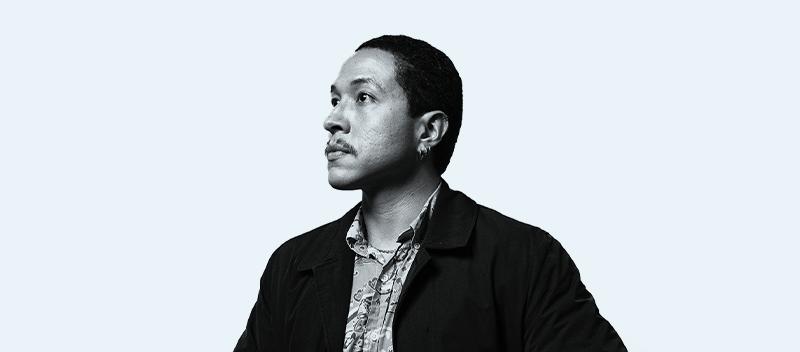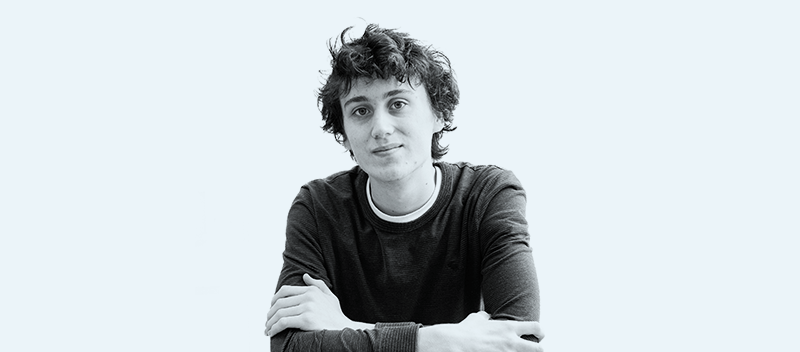During this self-study week you are probably on the grind: working hard. The so-called ‘grindset’ is a mindset in which you work extremely hard and focus on results alone. This grindset comes with its own euphemisms, also known from professional strategic communication in the business world. In this context, problems become ‘challenges’, and even ‘opportunities’. Opportunities to learn, to do better, and to grow. Some students seem to have internalised this use of language.
But this is not just a euphemistic use of language; it goes further than that. If your perception of a problem shifts to a ‘challenge’, your reality will also change. It is not the problem itself, but your perception of it that determines your experience. Clearly, it’s good to have a positive attitude. Not seeing setbacks as culpable failures, but as learning moments that can teach you something saves you from the unnecessary and unproductive misery of fear, disappointment, regret, and shame. You can also focus on the positive fact that next time you are faced with a similar situation or assignment, you will know better what you want and are capable of. It is a process of distilling reality, leaving the residue outside of your perception.
Nevertheless, I find a mindset in which problems do not exist problematic in itself. The euphemistic sauce (‘challenges’) obscures disagreeable bitter flavours. It leaves little room for human emotions such as disappointment. You can ignore these aspects of reality, but can you also make them disappear? I fear not. These repressed emotions can later emerge in unhealthy ways.
What distinguishes a problem from a challenge is the recognition that you must face some unpleasant consequence. Problems are sometimes also challenges, but sometimes they are just problems. And that is OK. There are other strategies imaginable. For example, you could name and accept these disappointments. You could make room for them, by opting for a mindful mindset instead of the grindset. As this Instagram post beautifully expresses: “When you have a bad day, give up. Go home and sleep. Fuck it. Try again tomorrow. Some days are fucked, and can’t be un-fucked.”
Clearly, it’s all about balance, and you can use both strategies side by side. Sometimes focus on the positive, and sometimes making room for and recognising the negative. Which strategy do you prefer? Do you find yourself actively translating problems into ‘challenges’? Are you sometimes irritated by these euphemisms?
Steven is doing a Master’s degree in Economics and Policy and enjoys hitting the squash court. He is always up for a game of squash and a good conversation. You can email him here.

 Foto Guy Ackermans
Foto Guy Ackermans 

